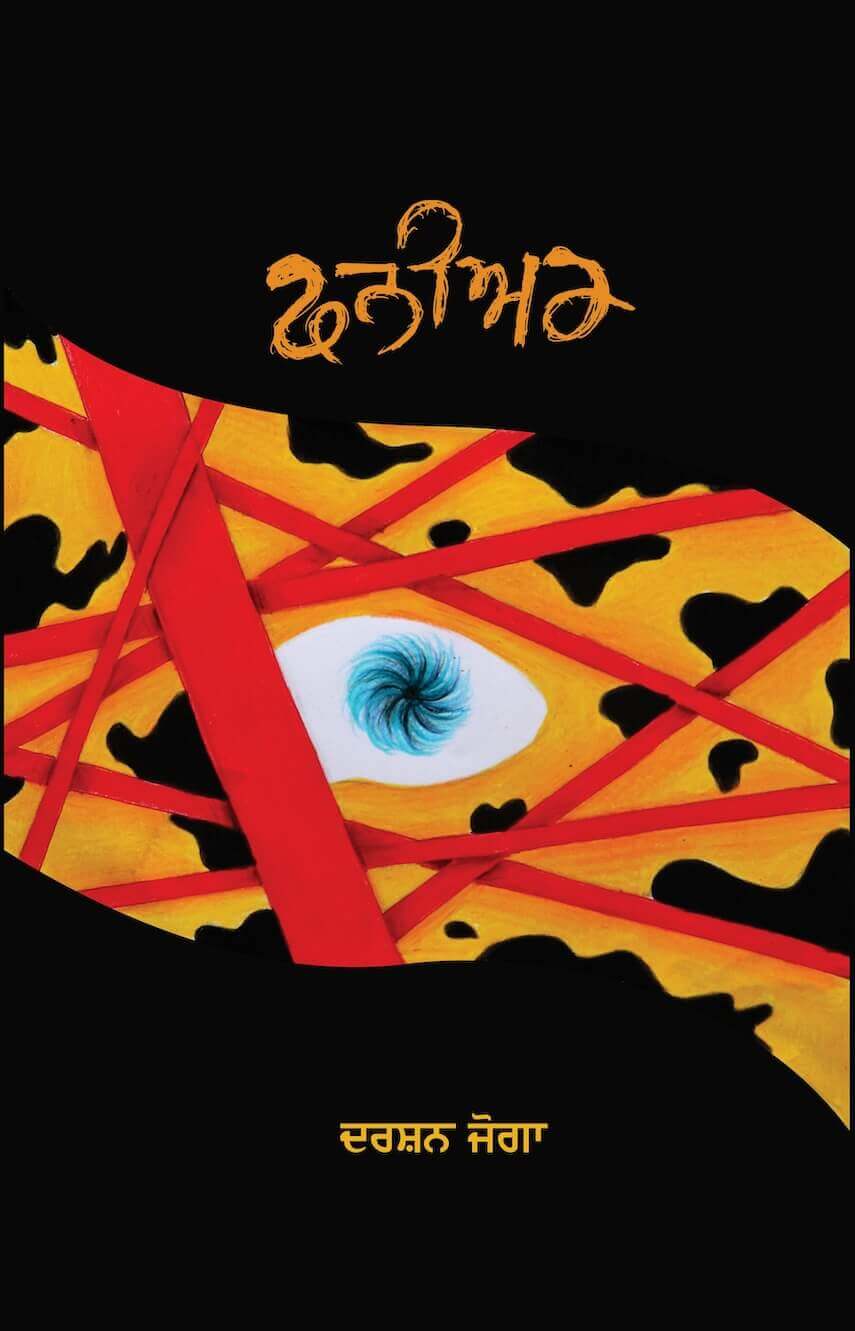Darshan Joga
Mansa, Punjab, India


The short stories in ‘Faniar’ (‘Snake’s Hood’) explore human relationships under stress from societal changes, marital conflicts, financial needs, personal ambitions and greed. Traditional Punjabi relationships no longer hold together under the pressures of modernity, superficiality and a frenzy to go abroad by hook or crook.
Darshan Joga features narrators experiencing profound internal turmoil, such as the elderly man in ‘Kuch Nahi Hunda’ (‘Nothing Will Happen’). He feels “utterly lost” after his wife's death. In ‘Ambri Anda’ the narrator is burdened by “continuous pain” and family discord. The title story, ‘Faniar,’ paints a vivid picture of a rural fair while narrating the protagonist’s love story that failed due to caste divisions. ‘Lakeer’ (‘Fate’) is a gripping reflection on fate and the predetermined “lines” of life.
The stories are well-crafted, giving authentic voices to the characters. The language is metaphorical with ample use of Malwai vocabulary and idioms. Expressions such as the “smell of flowers,” the “crackle of dry leaves,” and “soft light of the mercury lamp” enrich the reading experience.
